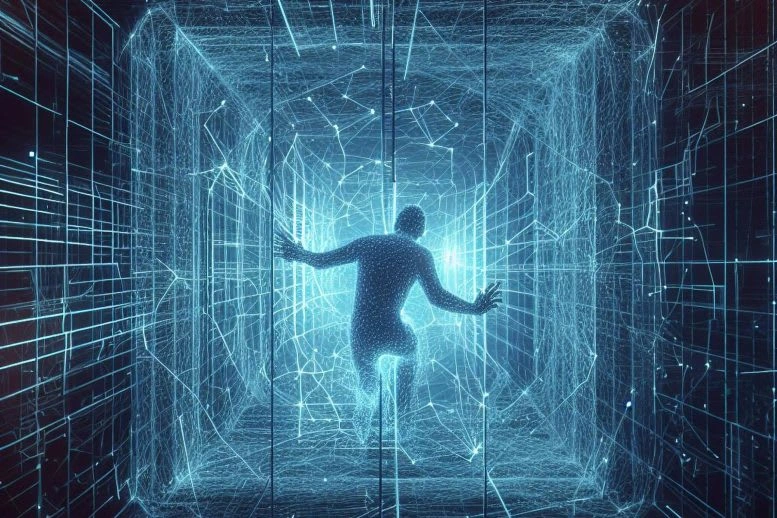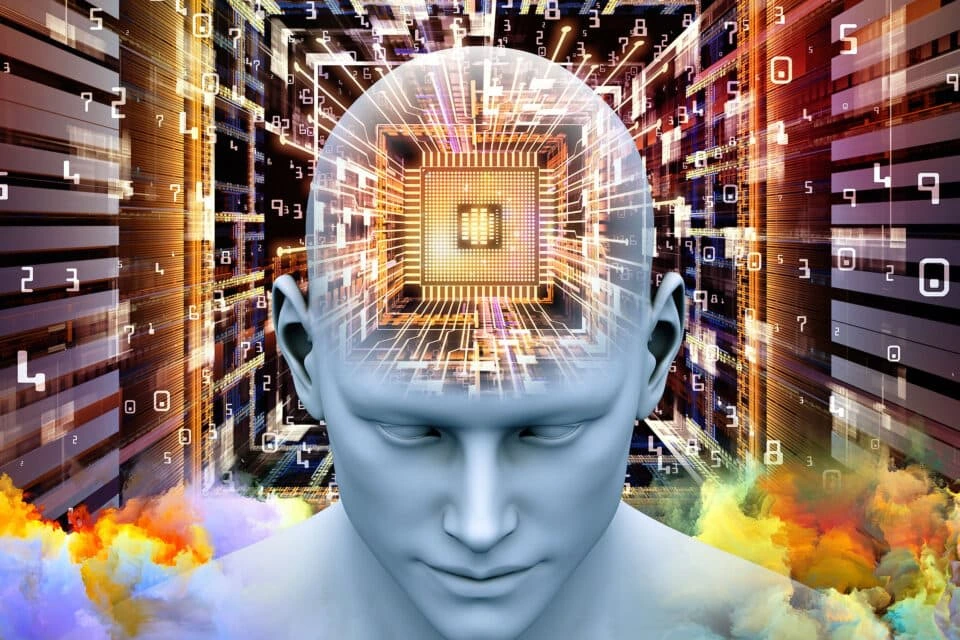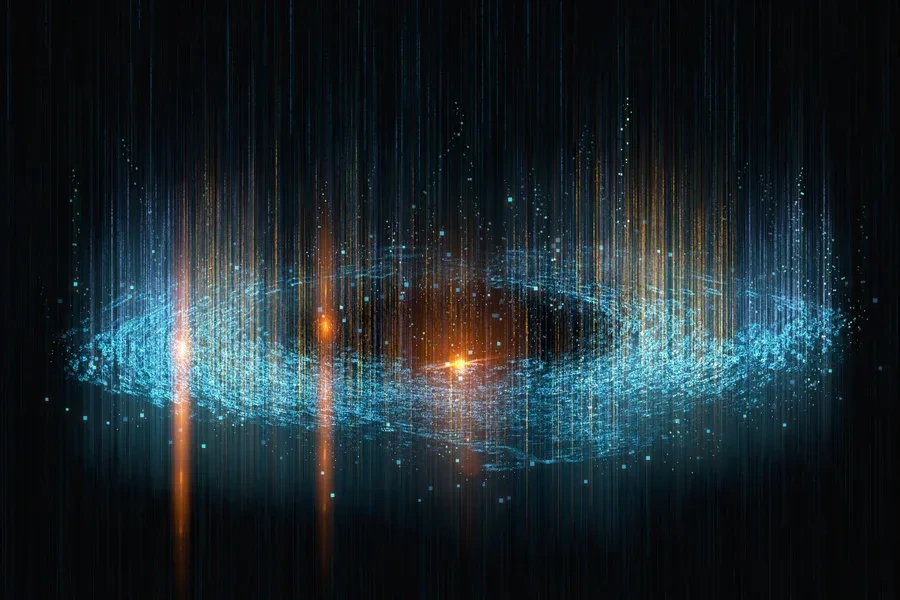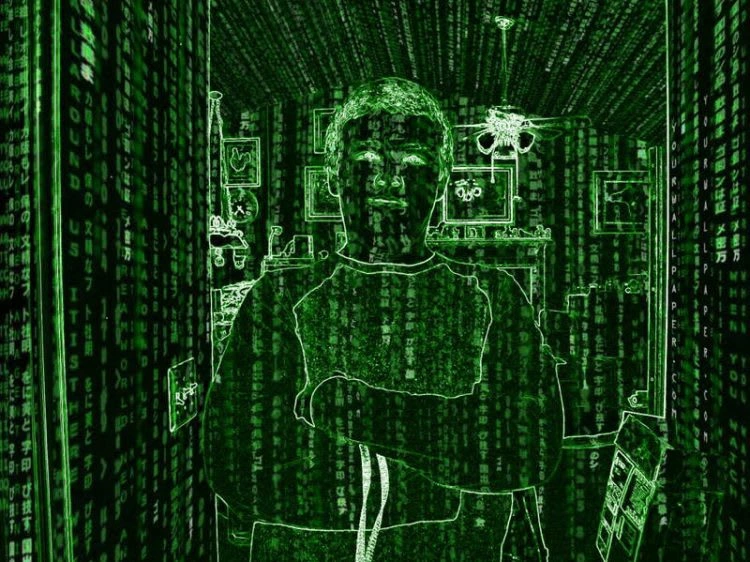Unveiling Reality Possibly Being A Simulation
Unveiling Reality: Exploring the Notion of Simulation through Real Glitches

In the vast landscape of human curiosity, few questions resonate as deeply as that of our own existence and the nature of reality itself. Over the years, philosophical ponderings and scientific inquiries have converged on the intriguing possibility that our universe might be nothing more than an intricately designed simulation. While this idea may seem like the plot of a science fiction novel, real-world anomalies and glitches have occasionally emerged, sparking debates and fueling the imagination of theorists and scientists alike.

The Simulation Hypothesis
The concept of a simulated reality posits that what we perceive as our universe could be a highly sophisticated computer-generated simulation. Proponents of this hypothesis argue that as technology advances and simulations become increasingly indistinguishable from reality, it becomes plausible that an advanced civilization, possibly far more advanced than our own, could create such a simulation.

Real-World Glitches: Anomalies in the Matrix?
The idea gains traction not just from philosophical musings but also from purported real-world glitches that defy conventional explanation:
**1. Déjà Vu:** The eerie sensation of having experienced something before, down to the smallest detail, has long puzzled psychologists and neuroscientists. Some suggest it could be a glitch in our simulated reality, a moment where the simulated script momentarily overlaps.
**2. Mandela Effect:** Collective false memories shared by a large group of people about past events that never actually occurred, or occurred differently, have been documented. Examples include the spelling of brand names or the death of public figures. Could this be a sign of editing errors in the simulation's historical record?
**3. Quantum Physics Puzzles:** At the subatomic level, quantum mechanics presents phenomena that defy our everyday understanding of reality. Particles that can exist in multiple states simultaneously, or seem to communicate faster than the speed of light, hint at a computational framework underlying our universe.

Glitches as Evidence?
While these anomalies are tantalizing, skeptics argue that they can be explained by psychological quirks, flawed memory, or misinterpretation of data. The scientific community remains divided on the simulation hypothesis, with many cautioning against mistaking conceptual possibilities for empirical evidence.

Testing the Hypothesis
Physicists and philosophers continue to explore ways to test the simulation hypothesis. Some suggest looking for constraints in the laws of physics that might reveal underlying computational limits. Others propose searching for artifacts within the fabric of spacetime that could indicate a simulated nature.

Ethical and Philosophical Implications
If our reality were indeed a simulation, profound questions would arise about our purpose, the nature of consciousness, and our relationship with our creators (or simulators). Ethicists debate the implications for our moral frameworks and the responsibilities of simulated beings toward their creators.
Conclusion
As we delve deeper into the mysteries of existence, the idea of our reality being a simulation persists as a captivating and thought-provoking possibility. While glitches and anomalies offer intriguing glimpses into potential flaws in the matrix, conclusive evidence remains elusive. Whether we reside in a simulated universe or not, the pursuit of understanding our reality and our place within it continues to drive scientific inquiry and philosophical exploration forward, challenging us to rethink our most fundamental assumptions about existence.
Like this project
Posted Jul 6, 2024
This is an article that goes through our known reality possibly being a simulation based on real life anomalies and glitches.
Likes
0
Views
5
Tags



